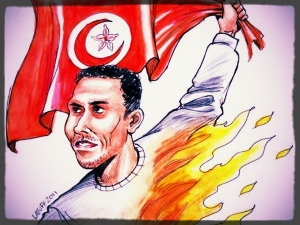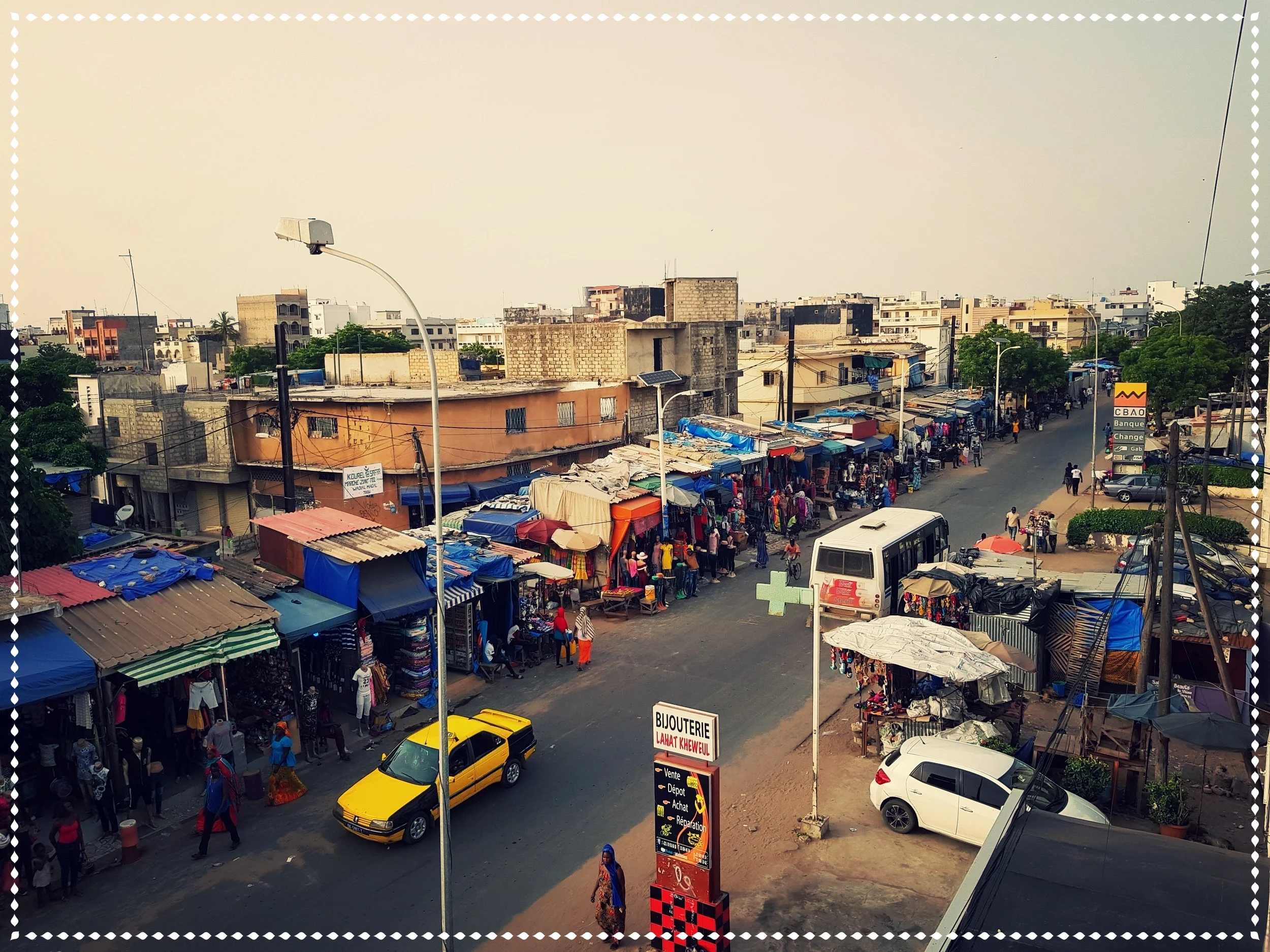Introduction
On the morning of 17 December 2011, the police began harassing the Tunisian fruit vendor Mohamed Bouazizi because he did not have a vendor's permit. A local police officer had confiscated his electronic weighing scales, and tossed aside his produce cart. Because the customary arrangement to pay authorities three dinars daily for the property right to park his vendor’s cart on two square yards of public space had been terminated, he lost his informal access to the market.
Bouazizi, angered by the confrontation, went to the governor's office to complain and to ask for his scales back. The governor refused to see or listen to him, even after Bouazizi was quoted as saying, "If you don't see me, I'll burn myself." Less than an hour later he doused himself with gasoline and set himself on fire. This sparked the Arab Spring, a revolutionary wave of both violent and non-violent demonstrations, protests and civil wars in North Africa and the Middle East.
THE INFORMAL SECTOR
The term 'informal sector' is used to describe employment or livelihood generation primarily within the developing world. Most workers in the informal sector do not have employment security, work security or social security. The most prevalent types of work in the informal economy are home-based workers and street vendors.
Estimates show that the non-agricultural employment share of the informal workforce is 78% in Africa. In all developing countries, self-employment comprises a greater share of informal employment than wage employment. Self-employment represents 70% of informal employment in Sub-Saharan. The informal economy has a significant job and income generation potential. Studies in West Africa has shown that the informal sector adds up to 53% of GDP but it only contributes around 3% of all taxes collected. The untapped economic potential of this sector is huge.
Microtaxation
Similar to micro-finance and micro-insurance, micro-taxes are small taxes applied by local communities and municipalities on the informal sector. The taxes are most often fee based, taxes that are related more to the type of business and size of the store, compared to being revenue-based, as in the formal sector. Taxes can be seasonal and may be related to special holidays. Red Flash has developed SMARTR TAX, a digital solution for microtaxation that covers all types of micro-taxes, including dimensions such as time, geolocation and type of business.


